MS-LS1-1
Conduct an investigation to provide evidence that living things are made of cells, either one cell or many different numbers and types of cells.
-
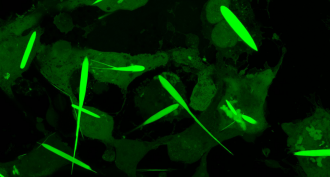 Physics
PhysicsLike Magneto? Microcrystals give magnets superpower over living cells
New iron-rich protein crystals could help researchers better understand the nerve cells that control movement and sensation. All they need are magnets.
By Jeremy Rehm -
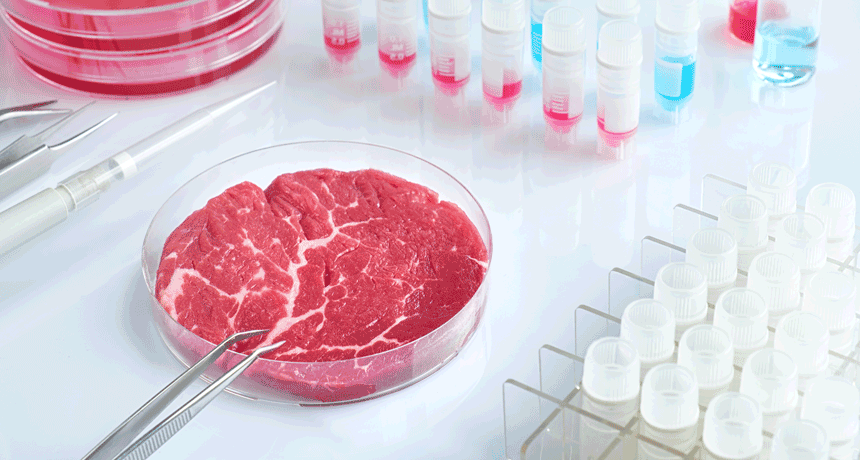 Life
LifeA new spin on lab-grown meat
A technique inspired by how cotton candy is spun could help produce lab-grown meat at a lower cost and on a bigger scale.
-
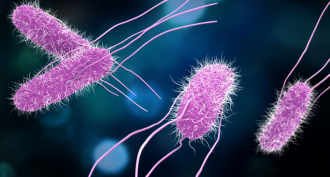 Life
LifeExplainer: Prokaryotes and Eukaryotes
Prokaryotes tend to be small and simple, while eukaryotes have embraced a highly organized lifestyle. These divergent approaches to life have both proved very successful.
-
 Health & Medicine
Health & MedicineScientists discover how norovirus hijacks the gut
Noroviruses make people vomit, but scientists didn’t actually know why. It now turns out that those viruses cause their misery by attacking special “tuft” cells in the gut.
-
 Animals
AnimalsOrca snot leads to a whale of a science-fair project
DNA found in the mucus of orcas suggests that even though the traits of family pods may differ, these marine mammals all appear to belong to a single species.
By Sid Perkins -
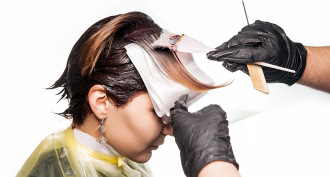 Materials Science
Materials ScienceNew black hair dye uses no harsh chemicals
Scientists have developed a new black-carbon-based hair dye. Instead of using damaging chemicals to dye hair, flexible flakes of carbon coat each strand.
-
 Chemistry
ChemistryBanana plant extract can slow how fast ice cream melts
Food scientists now show that adding these tiny plant particles to ice cream may delay the rate at which this treat melts into a soupy mess.
-
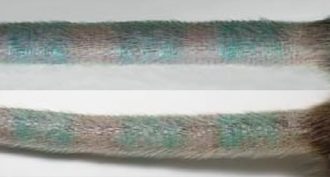 Life
LifeInked mice hint at how tattoos live on
Tattooed mice challenge our current understanding of how tattoos stay in humans.
By Dan Garisto -
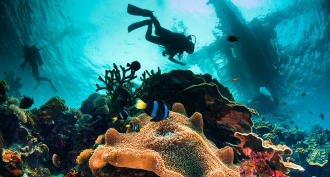 Chemistry
ChemistryCool Jobs: Diving for new medicines
Scientists mix research with underwater adventure as they search the oceans for new chemicals to treat infections, cancer and more.
-
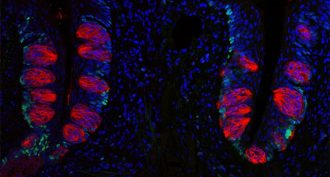 Health & Medicine
Health & MedicineObesity makes taste buds disappear — in mice, anyway
Mice that gained excessive weight on a high-fat diet also lost one in four taste buds.
-
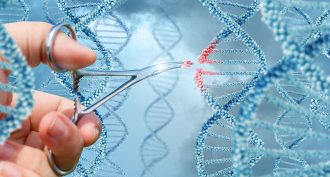 Genetics
GeneticsExplainer: Why scientists sometimes ‘knock out’ genes
How do we learn what a particular molecule does in the body? To find out, scientists often 'knock out' the gene that makes it. Here’s how.
-
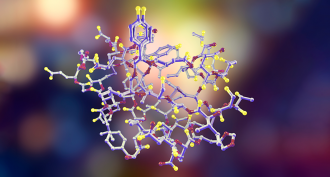 Health & Medicine
Health & MedicineExplainer: What is a hormone?
Various tissues secrete special chemicals, known as hormones. They travel, usually in blood, to a particular distant site where they tell certain cells it’s time to go to work.
By Janet Raloff